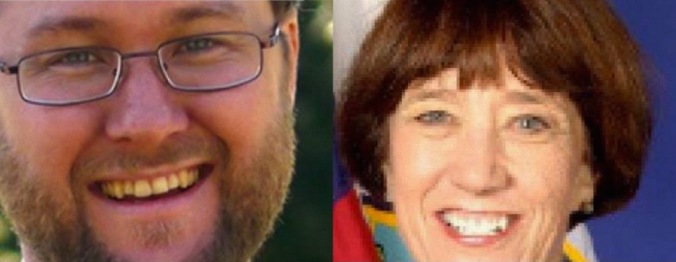Black Michigan lawmakers demand that Rick Snyder fire Detroit school system appointee
The Michigan legislative black caucus voted on Friday to ask Governor Rick Snyder to fire Darnell Earley, the controversial Detroit Public Schools’ emergency manager who had formerly presided over the city of Flint and its lead-contaminated water system.
“Conditions have only worsened under Earley’s tenure, as the city of Flint worsened with his involvement,” said Representative Sheldon Neeley, a Flint Democrat and the caucus’ first vice chair. “He is the problem, not the solution.”
Detroit Public Schools is under state oversight and pressure from declining enrollment. Heavy pension and debt obligations have left the district in danger of running out of cash in April.
Earley was appointed as emergency manager for Detroit Public Schools in January 2015. The union for Detroit public school teachers sued the district on Thursday demanding Earley’s immediate removal and a return of local control with a plan to repair the district’s crumbling buildings.
Under Earley’s leadership as emergency manager of Flint, the city separated from the Detroit water department and switched its water supply to the Flint River in April 2014. Earley has said he is not to blame for the problem since the decision was made before his tenure.
The city switched its water supply back to Detroit last October, after tests found high levels of lead in blood samples from Flint children. Lead is a neurotoxin that can damage the brain and cause other health problems.
The Detroit Public Schools union has said teachers are frustrated over crumbling walls, rats, mold in classrooms and student overcrowding, combined with a teacher shortage and low pay.
Detroit Public Schools spokeswoman Michelle Zdrodowski said in a statement that Earley has worked to make the system more financially secure. “Mr. Earley remains focused on preparing DPS for long-term financial sustainability and a return to some form of local control,” she added.
Earley said in a statement this week that plans to address building disrepair are part of a financial investment proposal before the legislature. He did not immediately return a Black Michigan lawmakers demand that Rick Snyder fire Detroit school system appointee:














